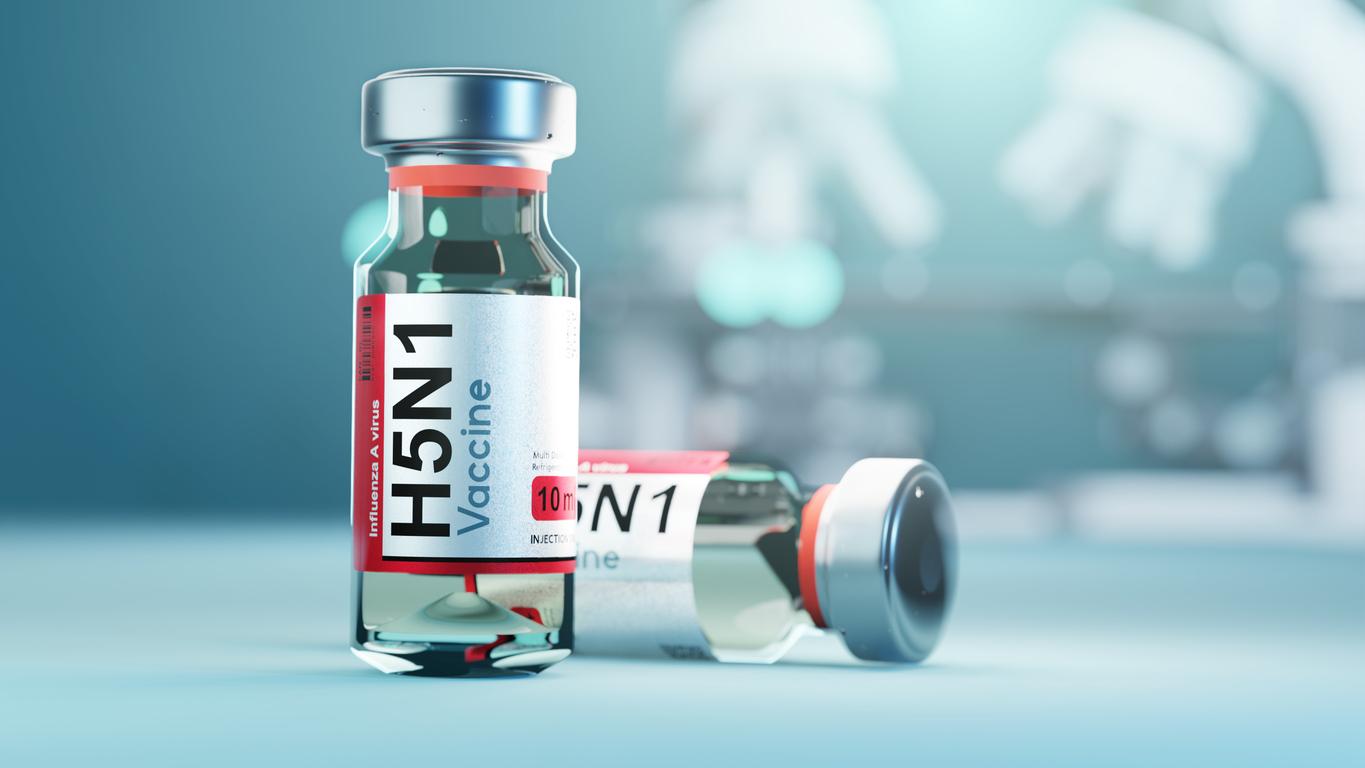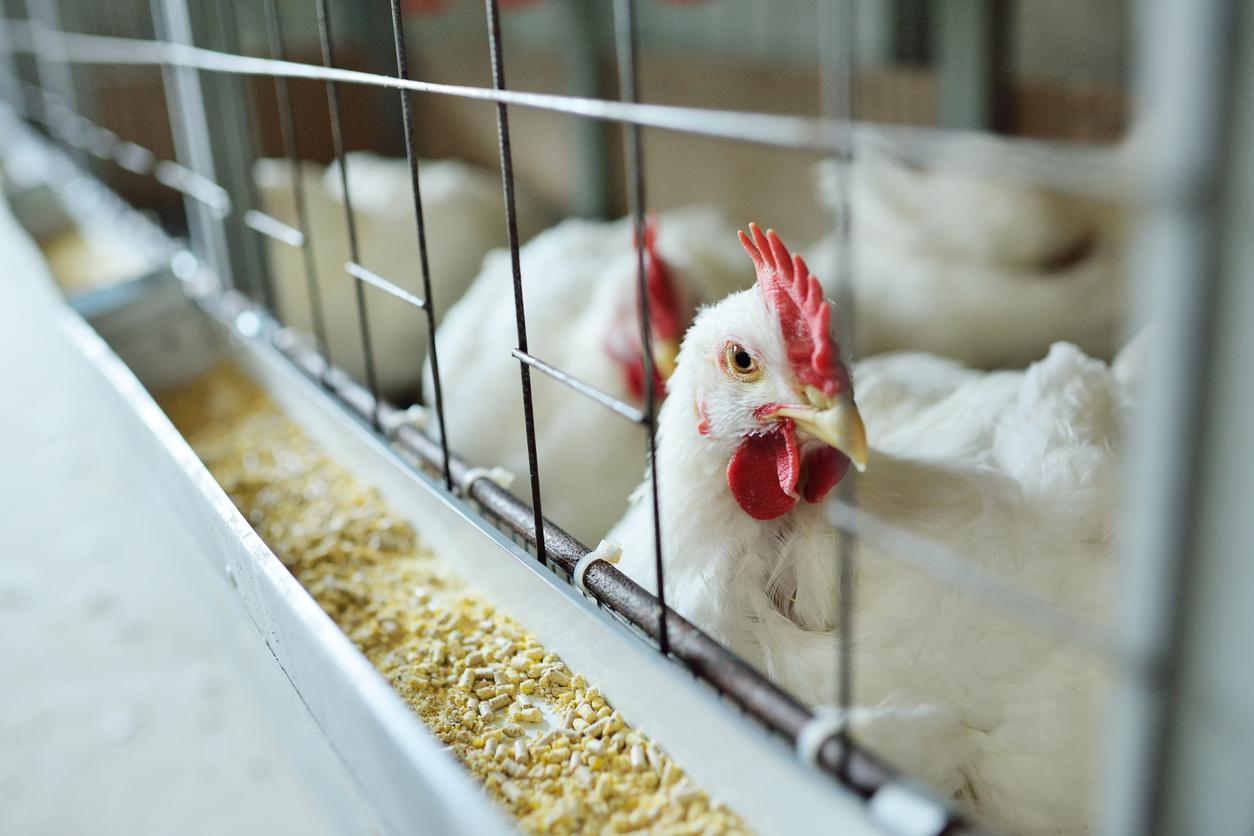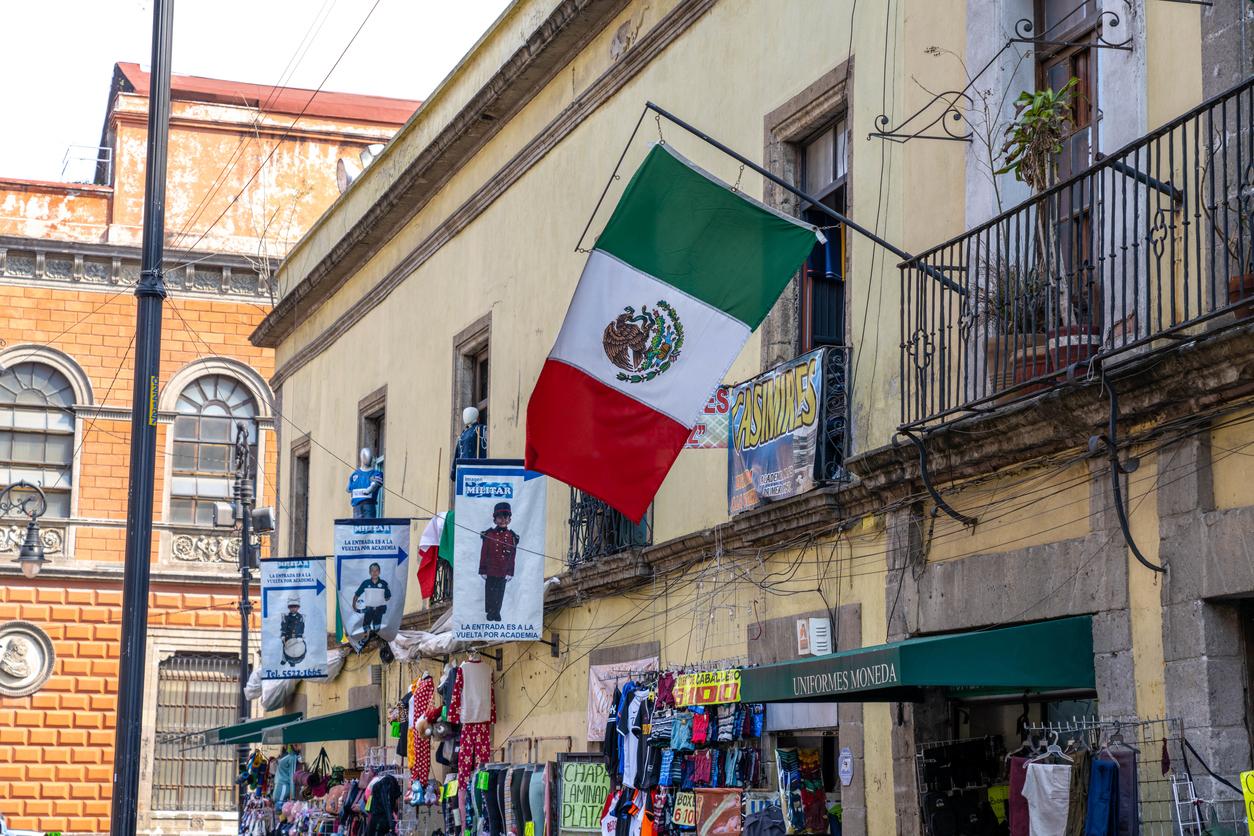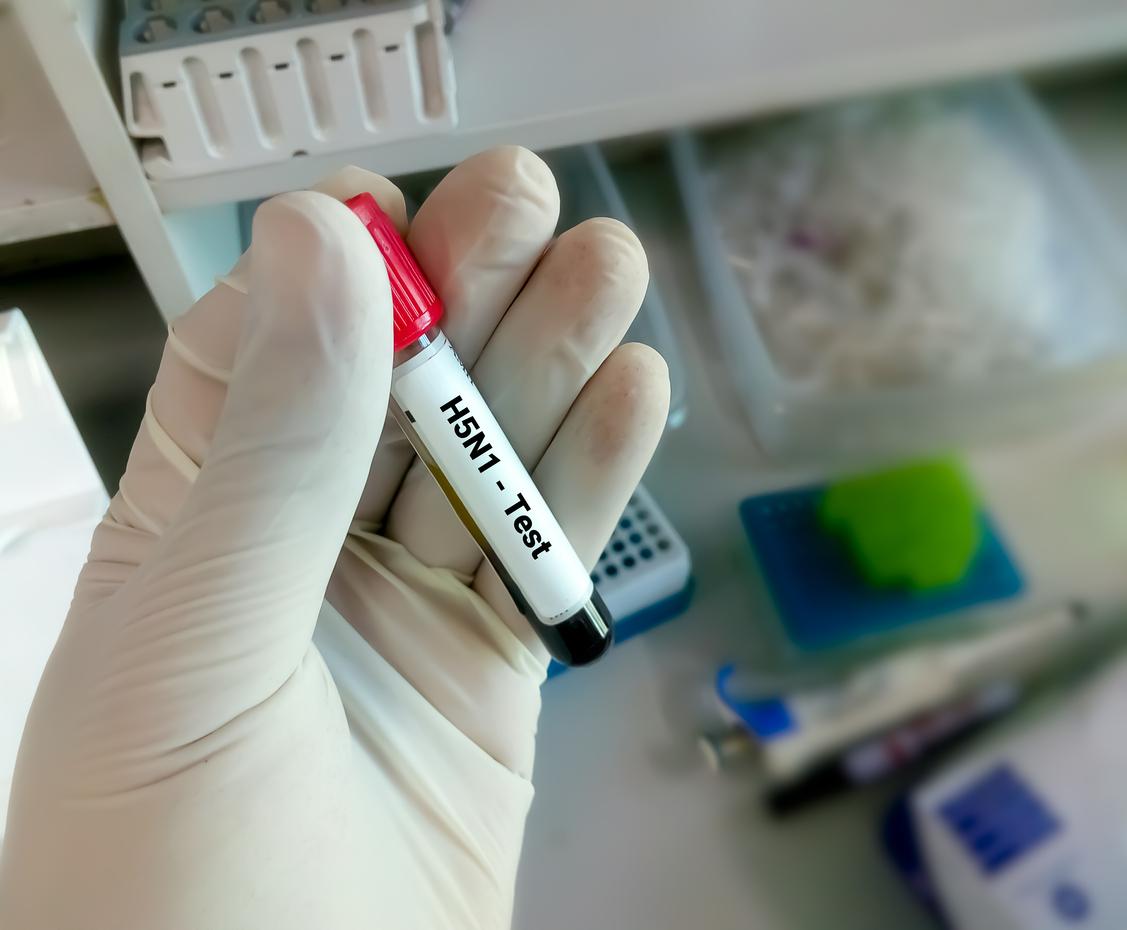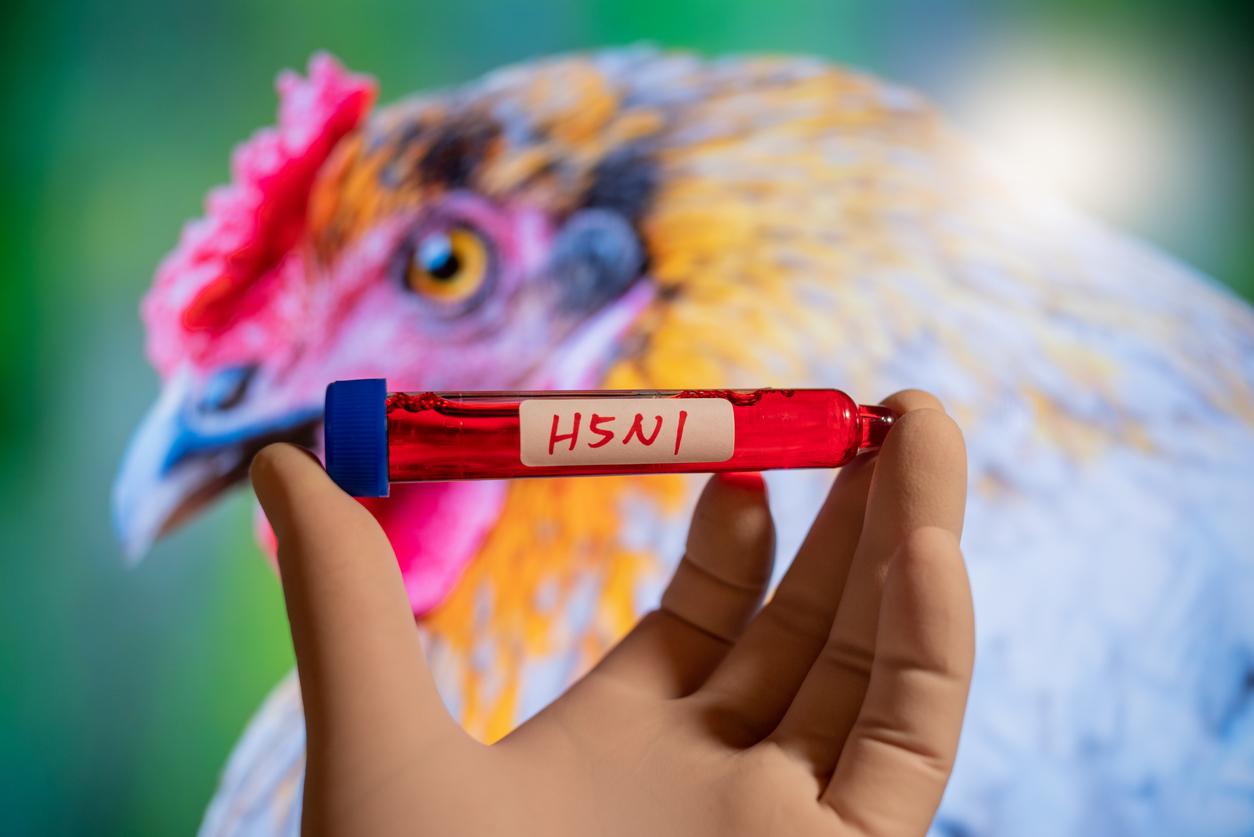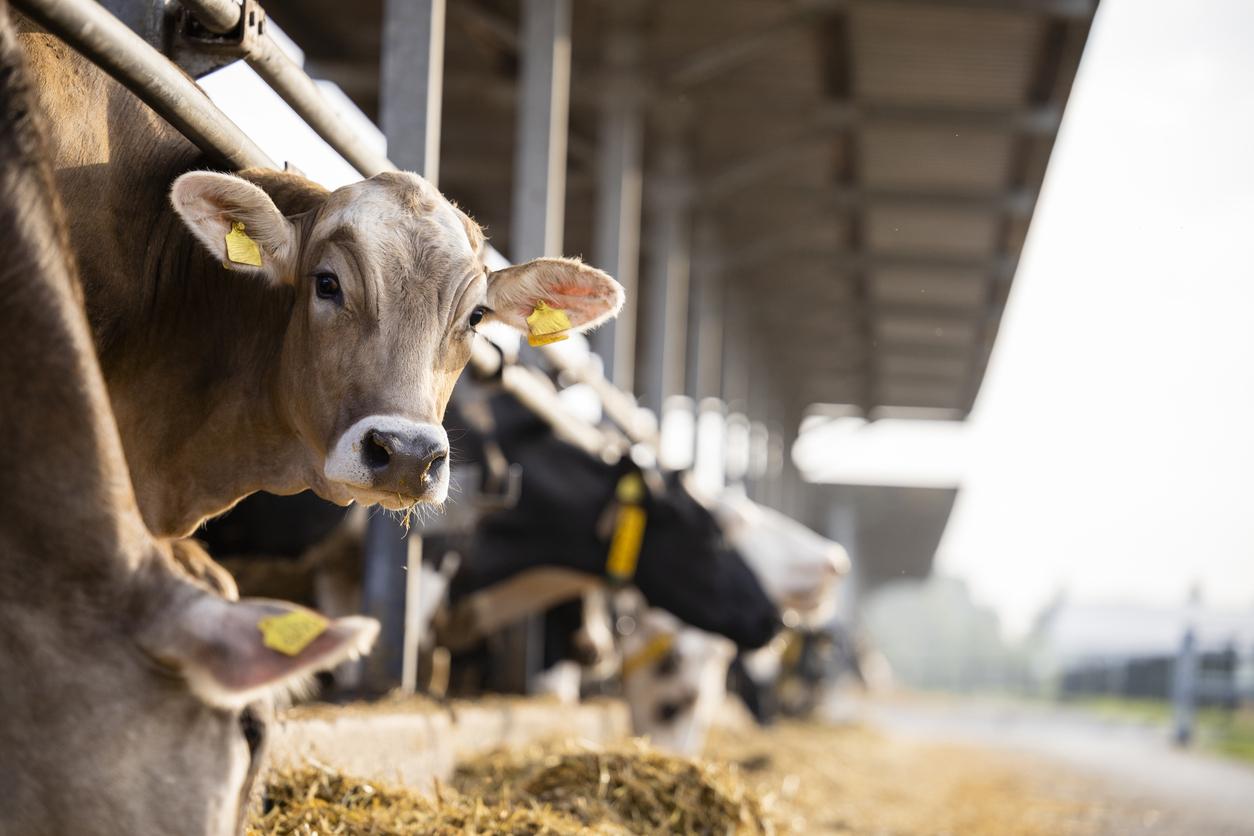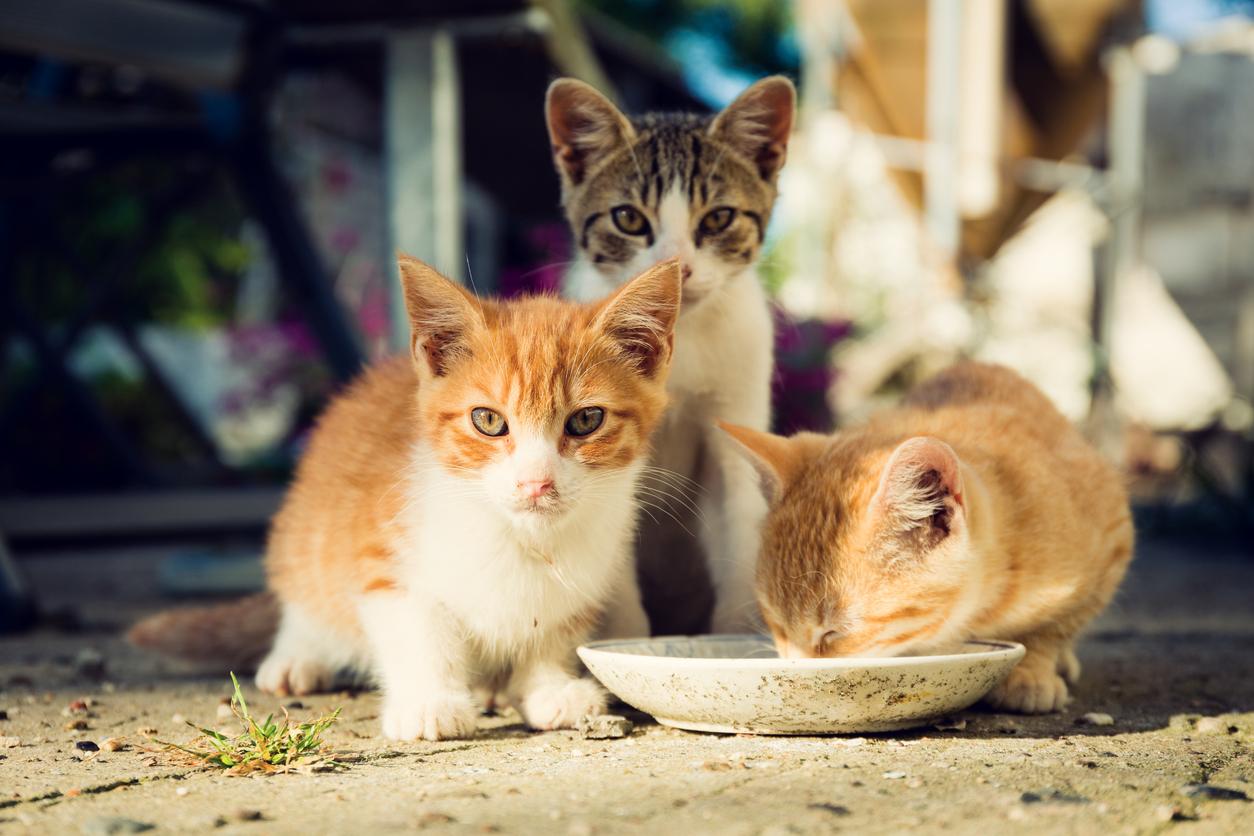The farms in the South-West will be gradually repopulated and duck and goose breeders will be able to get back to work.
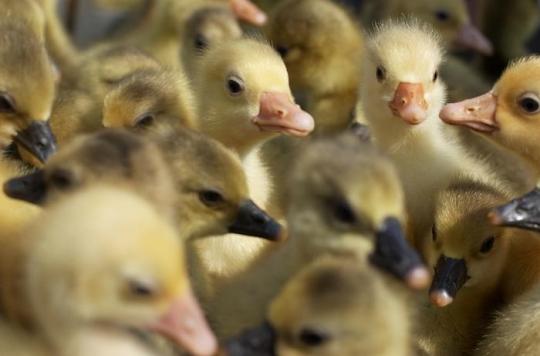
Ducklings and goslings find their way back to the farms. The Ministry of Agriculture authorized the establishment of new palmipeds from May 29 in the southwestern regions affected by the bird flu epidemic.
This new introduction marks the end of the 6-week crawl space implemented since April 17, in farms in 1,134 municipalities, mainly in the Landes and Gers. This measure aimed at curbing the spread of the H5N8 avian influenza virus was supplemented by the preventive slaughter of more than 4 million animals.
Since the start of the epizootic, this virus introduced by migratory birds from Asia has been detected in 485 outbreaks. A heavy blow for the foie gras industry, which was confronted last year with a first epidemic of avian flu.
New biosecurity standards
Two successive crises which have prompted the industry to review its production system. The end of the crawl space is indeed conditional on the application of new biosecurity standards. The farms will have to be equipped with sanitary locks and the transport trucks will have to be regularly disinfected.
The pact to fight against avian influenza signed by all stakeholders in the sector also provides for the confinement of animals between November 15 and January 15, the migration period for wild birds, in order to avoid any contamination. This new measure will only affect farms with more than 3,200 poultry. Another novelty: production could concentrate on a single period.
Fear of smallholders
Measures that are not unanimous among breeders, especially among the smallest who work in short circuit. The latter notably denounced the end of outdoor production in a petition which gathered more than 30,000 signatures. “The quality of our Red Label products and the survival of our farms are at stake,” said Serge Mora, farmer in Mugron and president of the Confederation of Family Farmers.
Still, all the breeders are eager to get back to work. The new palmipeds are arriving gradually. The farms affected first will be the first to restart their production. This introductory phase should end in July, and the first fat ducks will be ready in late August or early September.
But for lack of a sufficient number of ducklings and goslings to repopulate the farms, the production of foie gras should be insufficient for the end of year celebrations.
.









